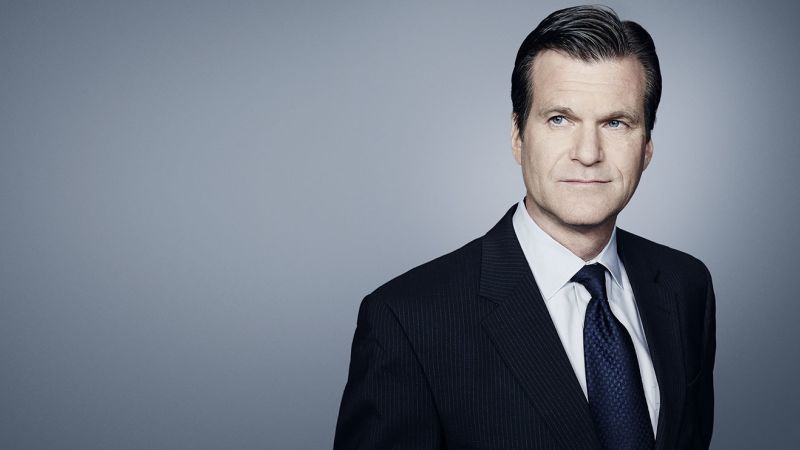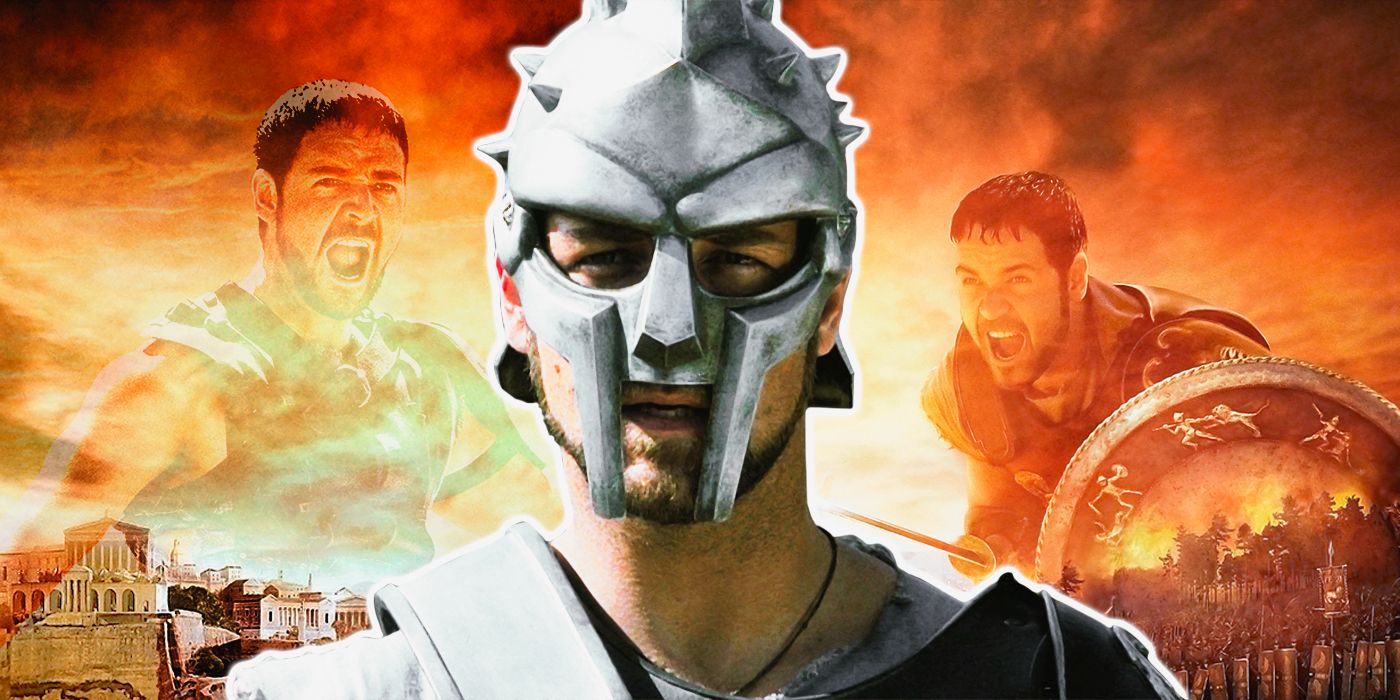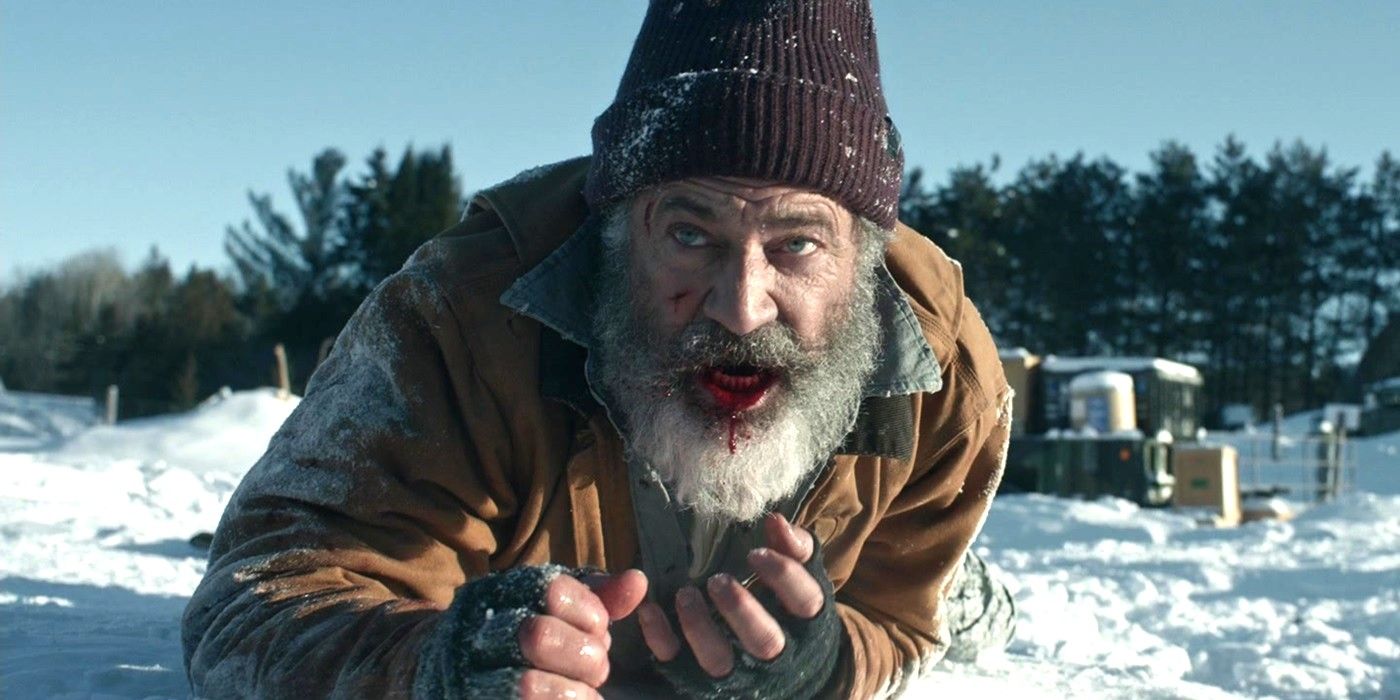
(Trends Wide) — Drew Griffin, Trends Wide’s award-winning investigative correspondent known for getting even the most reluctant interviewees on a story, died Saturday after a long battle with cancer, his family said. He was 60 years old.
A gifted storyteller, Griffin had a well-earned reputation for holding powerful people and institutions to account.
“Drew’s death is a devastating loss to Trends Wide and our entire profession,” Trends Wide CEO Chris Licht said in a note to staff. “A highly acclaimed investigative journalist, Drew’s work had an incredible impact and he embodied the mission of this organization in every way.”
Griffin worked on hundreds of reports and multiple documentaries over nearly two decades on Trends Wide’s investigative team. Her reports had been awarded some of the most prestigious awards in journalism: Emmys, Peabodys and Murrows, among others.
“But Drew cared more about the people than the awards,” Licht said.
Griffin had an incredibly strong work ethic, his colleagues said. He kept his illness a secret from most of his co-workers and had been reporting it until the day he passed away.
Michael Bass, Trends Wide’s executive vice president of programming, also shared his admiration for Griffin in a note to the investigative team on Sunday.
“Fearless and devious at the same time, he knew how to push a story to its limits, but also tell it in a way that everyone would understand,” Bass said. “How many times have you gone after an unwilling interviewee? How many times have you spoken truth to power? How many times have you made a difference to something important? It was an honor to be your colleague and witness your work and how you changed the world “.
Griffin’s reporting had a significant impact and prompted change.
He led a year-long investigation that revealed delays in medical care that contributed to the deaths of patients at Department of Veterans Affairs hospitals across the country. The team’s reporting led to the resignation of the VA secretary, followed by the passage of federal legislation and a fundamental change in the way veterans’ appointments are handled.
In the midst of its reporting on the high number of reported sexual assaults against Uber drivers, the company modified its background check process and introduced new security features to its app. Following Trends Wide’s investigation, Uber announced it was removing a policy that previously required people with allegations of sexual assault to submit to arbitration and made them sign confidentiality agreements.
Patricia DiCarlo, an executive producer for Trends Wide’s investigative unit who worked alongside Griffin for nearly a decade, said he was an exceptional writer who crafted pieces into “compelling, must-watch TV stories.”

Drew Griffin and his three children on a family trip.
“When a Drew Griffin story starts, you know it’s going to be great,” he said. “His ability with his words set him apart.”
Griffin’s tenacious approach to the most difficult stories and his ability to get some of the most reluctant public figures to open up and give their side of the story underlined his sense of impartiality. However, he never missed an opportunity to grill them with difficult questions.
Griffin’s incisive, Emmy-winning investigation of the 2016 fraud lawsuits against Trump University exposed the questionable, financially draining tactics of a series of real estate seminars that led to class action lawsuits by participants. . In an exclusive interview, Griffin pressed a former Trump University instructor about his role in the scam: He wasn’t teaching real estate strategies, but luring participants into paying for more seminars: “We brought the money,” he told Griffin. .
When voter denialism persisted, Griffin worked to dispel myths of widespread voter fraud, taking on one of the biggest names in disinformation: Mike Lindell, CEO of MyPillow. After reviewing the alleged evidence, Griffin sat down with Lindell for a lengthy interview to assess his claims and ultimately exposed the truth: Lindell had “no proof of anything.”
There were times, however, when Griffin, like all reporters, was unable to immediately get his interviewees to speak, leading to memorable on-camera confrontations with government officials, in particular.
When Griffin learned of rampant fraud at California’s state drug rehabilitation program in 2013, he lobbied the officials in charge for answers. He eventually tracked down the director of the California Health and Human Services Agency, who tried to dodge Griffin’s questions by running into a locked bathroom. Griffin’s investigation led to a legislative inquiry and a public apology from the show’s director.
More recently, Griffin’s work in the aftermath of the January 6, 2021 attack on Capitol Hill highlighted the dangers of voter denialists and was cited in court documents by the Justice Department and the House select committee that investigated the insurrection.
Although investigative journalism was the foundation of Griffin’s work, he often jumped to breaking news coverage, from mass shootings to devastating hurricanes. One of his most memorable on-air moments was during Hurricane Harvey in 2017, when he rescued a man by pulling him out of a sinking pickup truck.
Griffin’s self-confidence, hard work and tenacity spoke for themselves on camera, but it was his kindness and compassion that defined him behind the scenes. Few of those present knew that, after those grueling interviews, Griffin would often handwrite thank-you notes to those who appeared in a story. And though secretive, Griffin took pains to wrap up the big stories—some of which took him all over the world—so he could go home and spend time with his family.
The veteran journalist is remembered by his colleagues as a kind and consummate professional who took the time to mentor younger reporters, cared deeply for his team and was always ready to lend a hand.
DiCarlo compared his time working with Griffin to “winning the career lottery.”
“There are so many people who worked with him and loved him. It’s a devastating loss,” DiCarlo said, reflecting on the team of producers who worked closely with Griffin on his reporting. “There was no one like him. We were Team Drew.”
A native of Chicago, Griffin began his journalism career as a reporter/cameraman for WICD-TV in Champaign, Illinois. He spent seasons working for television networks in Florida, South Carolina, North Carolina and Washington. He became an investigative reporter when he joined KIRO-TV in Seattle. He joined CBS 2 News in Los Angeles in January 1994, where he worked as a reporter and anchor and helped build the network’s investigative reporting team and won several local awards.
When he wasn’t looking for his next scoop, his family liked to travel with his wife Margot, play the trumpet or play golf with friends. He also adored his three children, whose names were inspired by jazz greats: his daughter Ele Gast, his sons Louis and Miles Griffin, and his two grandchildren.

(Trends Wide) — Drew Griffin, Trends Wide’s award-winning investigative correspondent known for getting even the most reluctant interviewees on a story, died Saturday after a long battle with cancer, his family said. He was 60 years old.
A gifted storyteller, Griffin had a well-earned reputation for holding powerful people and institutions to account.
“Drew’s death is a devastating loss to Trends Wide and our entire profession,” Trends Wide CEO Chris Licht said in a note to staff. “A highly acclaimed investigative journalist, Drew’s work had an incredible impact and he embodied the mission of this organization in every way.”
Griffin worked on hundreds of reports and multiple documentaries over nearly two decades on Trends Wide’s investigative team. Her reports had been awarded some of the most prestigious awards in journalism: Emmys, Peabodys and Murrows, among others.
“But Drew cared more about the people than the awards,” Licht said.
Griffin had an incredibly strong work ethic, his colleagues said. He kept his illness a secret from most of his co-workers and had been reporting it until the day he passed away.
Michael Bass, Trends Wide’s executive vice president of programming, also shared his admiration for Griffin in a note to the investigative team on Sunday.
“Fearless and devious at the same time, he knew how to push a story to its limits, but also tell it in a way that everyone would understand,” Bass said. “How many times have you gone after an unwilling interviewee? How many times have you spoken truth to power? How many times have you made a difference to something important? It was an honor to be your colleague and witness your work and how you changed the world “.
Griffin’s reporting had a significant impact and prompted change.
He led a year-long investigation that revealed delays in medical care that contributed to the deaths of patients at Department of Veterans Affairs hospitals across the country. The team’s reporting led to the resignation of the VA secretary, followed by the passage of federal legislation and a fundamental change in the way veterans’ appointments are handled.
In the midst of its reporting on the high number of reported sexual assaults against Uber drivers, the company modified its background check process and introduced new security features to its app. Following Trends Wide’s investigation, Uber announced it was removing a policy that previously required people with allegations of sexual assault to submit to arbitration and made them sign confidentiality agreements.
Patricia DiCarlo, an executive producer for Trends Wide’s investigative unit who worked alongside Griffin for nearly a decade, said he was an exceptional writer who crafted pieces into “compelling, must-watch TV stories.”

Drew Griffin and his three children on a family trip.
“When a Drew Griffin story starts, you know it’s going to be great,” he said. “His ability with his words set him apart.”
Griffin’s tenacious approach to the most difficult stories and his ability to get some of the most reluctant public figures to open up and give their side of the story underlined his sense of impartiality. However, he never missed an opportunity to grill them with difficult questions.
Griffin’s incisive, Emmy-winning investigation of the 2016 fraud lawsuits against Trump University exposed the questionable, financially draining tactics of a series of real estate seminars that led to class action lawsuits by participants. . In an exclusive interview, Griffin pressed a former Trump University instructor about his role in the scam: He wasn’t teaching real estate strategies, but luring participants into paying for more seminars: “We brought the money,” he told Griffin. .
When voter denialism persisted, Griffin worked to dispel myths of widespread voter fraud, taking on one of the biggest names in disinformation: Mike Lindell, CEO of MyPillow. After reviewing the alleged evidence, Griffin sat down with Lindell for a lengthy interview to assess his claims and ultimately exposed the truth: Lindell had “no proof of anything.”
There were times, however, when Griffin, like all reporters, was unable to immediately get his interviewees to speak, leading to memorable on-camera confrontations with government officials, in particular.
When Griffin learned of rampant fraud at California’s state drug rehabilitation program in 2013, he lobbied the officials in charge for answers. He eventually tracked down the director of the California Health and Human Services Agency, who tried to dodge Griffin’s questions by running into a locked bathroom. Griffin’s investigation led to a legislative inquiry and a public apology from the show’s director.
More recently, Griffin’s work in the aftermath of the January 6, 2021 attack on Capitol Hill highlighted the dangers of voter denialists and was cited in court documents by the Justice Department and the House select committee that investigated the insurrection.
Although investigative journalism was the foundation of Griffin’s work, he often jumped to breaking news coverage, from mass shootings to devastating hurricanes. One of his most memorable on-air moments was during Hurricane Harvey in 2017, when he rescued a man by pulling him out of a sinking pickup truck.
Griffin’s self-confidence, hard work and tenacity spoke for themselves on camera, but it was his kindness and compassion that defined him behind the scenes. Few of those present knew that, after those grueling interviews, Griffin would often handwrite thank-you notes to those who appeared in a story. And though secretive, Griffin took pains to wrap up the big stories—some of which took him all over the world—so he could go home and spend time with his family.
The veteran journalist is remembered by his colleagues as a kind and consummate professional who took the time to mentor younger reporters, cared deeply for his team and was always ready to lend a hand.
DiCarlo compared his time working with Griffin to “winning the career lottery.”
“There are so many people who worked with him and loved him. It’s a devastating loss,” DiCarlo said, reflecting on the team of producers who worked closely with Griffin on his reporting. “There was no one like him. We were Team Drew.”
A native of Chicago, Griffin began his journalism career as a reporter/cameraman for WICD-TV in Champaign, Illinois. He spent seasons working for television networks in Florida, South Carolina, North Carolina and Washington. He became an investigative reporter when he joined KIRO-TV in Seattle. He joined CBS 2 News in Los Angeles in January 1994, where he worked as a reporter and anchor and helped build the network’s investigative reporting team and won several local awards.
When he wasn’t looking for his next scoop, his family liked to travel with his wife Margot, play the trumpet or play golf with friends. He also adored his three children, whose names were inspired by jazz greats: his daughter Ele Gast, his sons Louis and Miles Griffin, and his two grandchildren.




